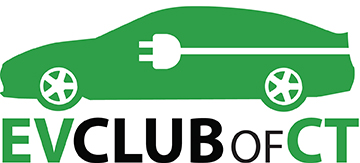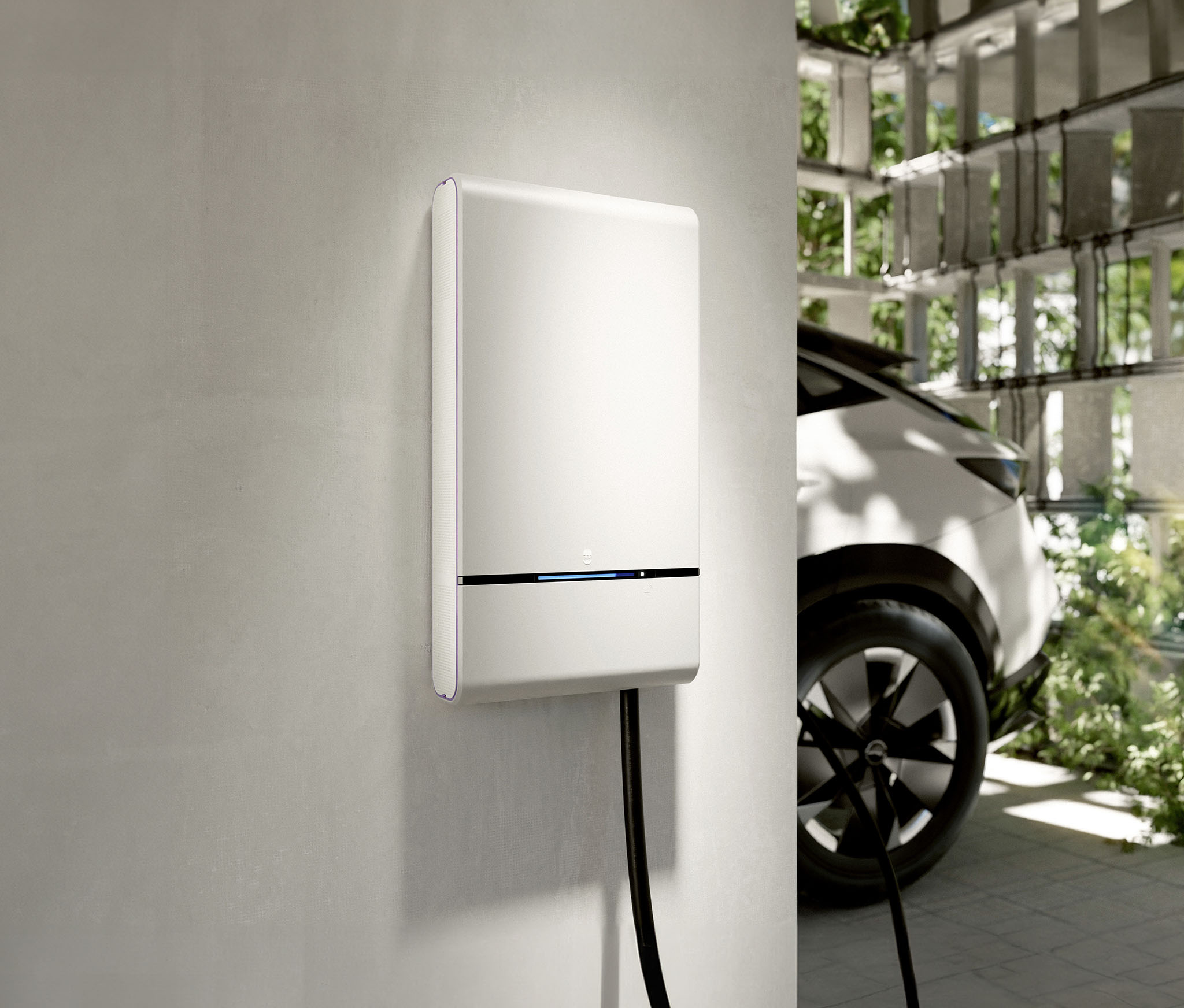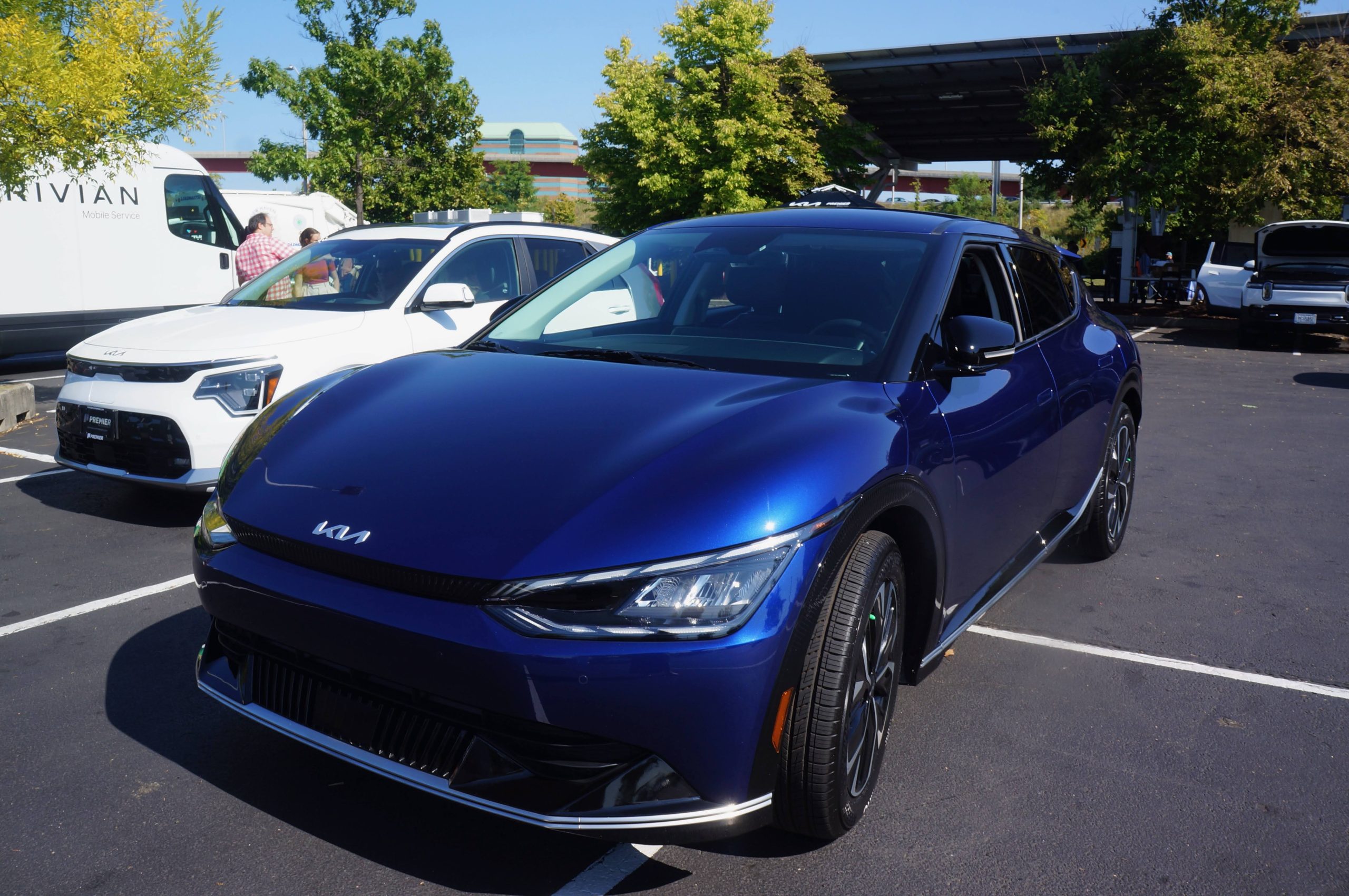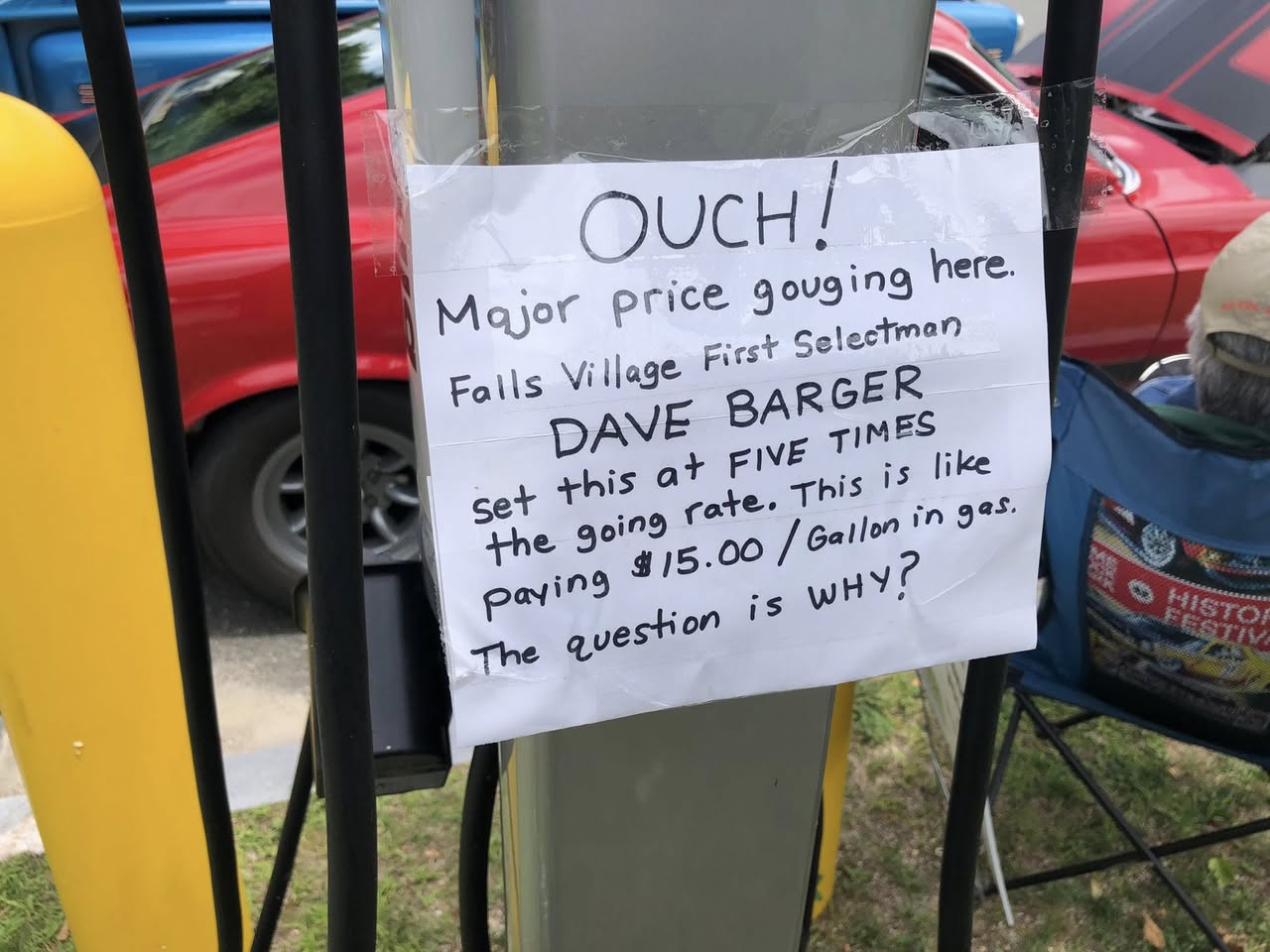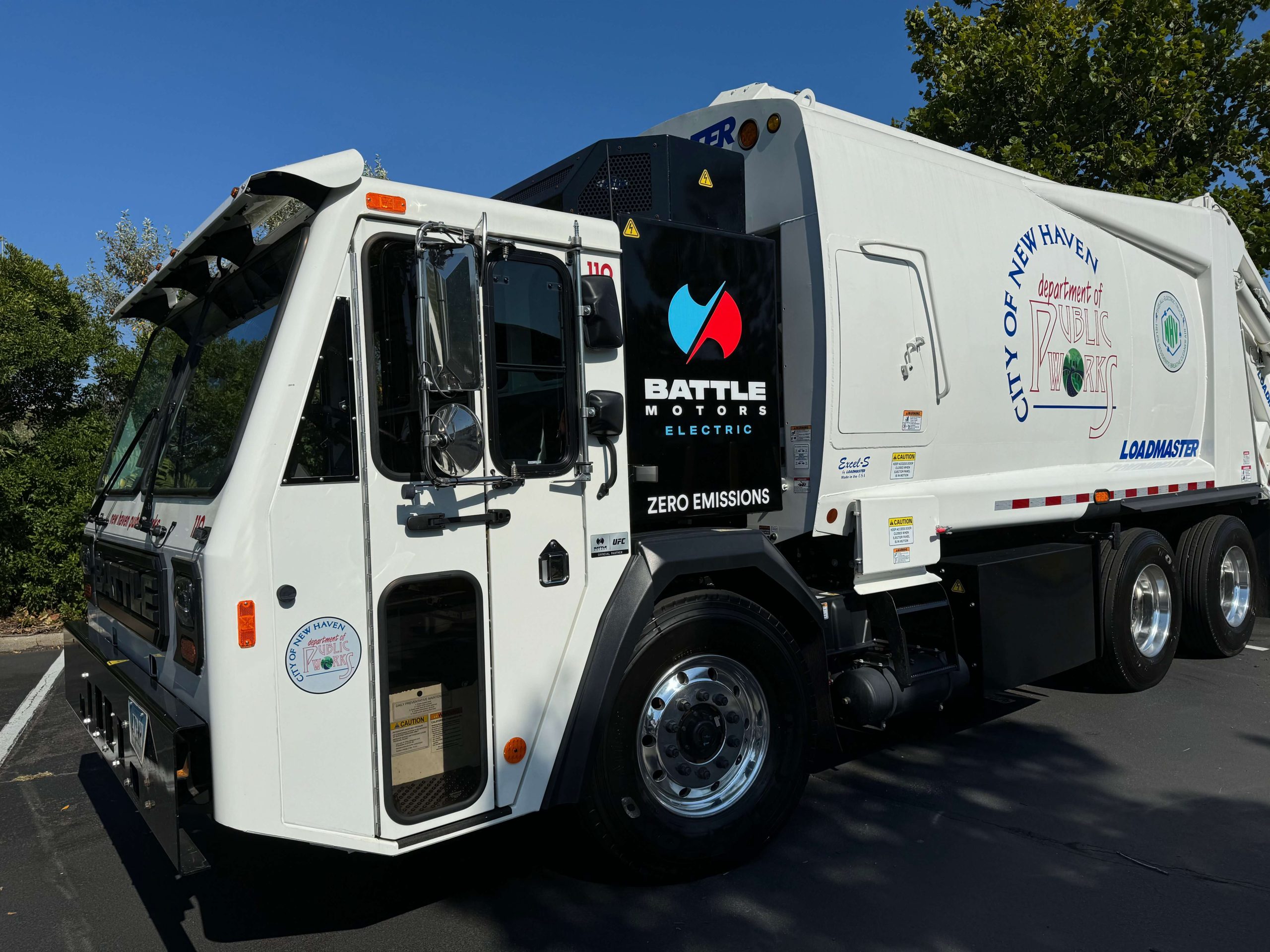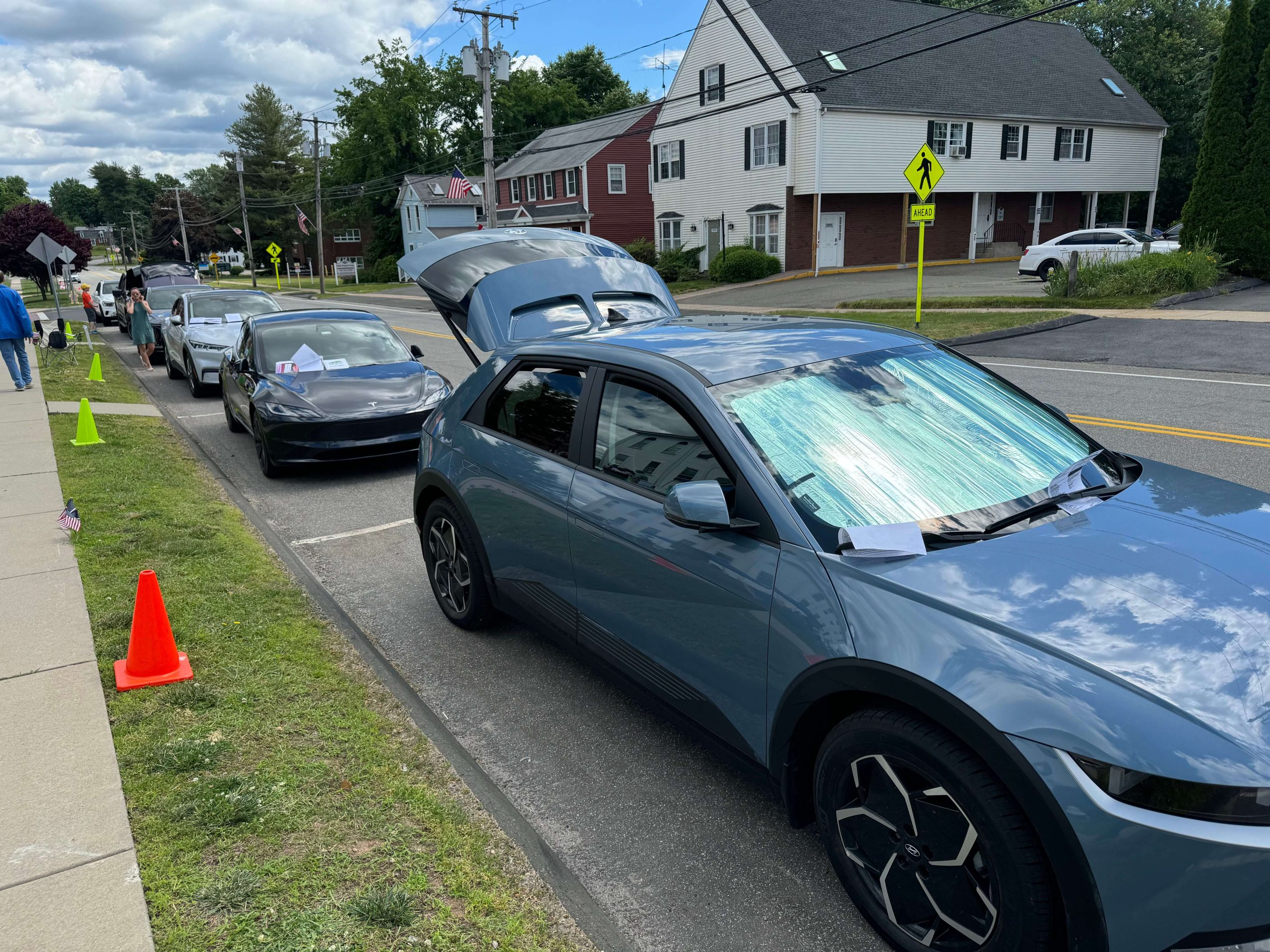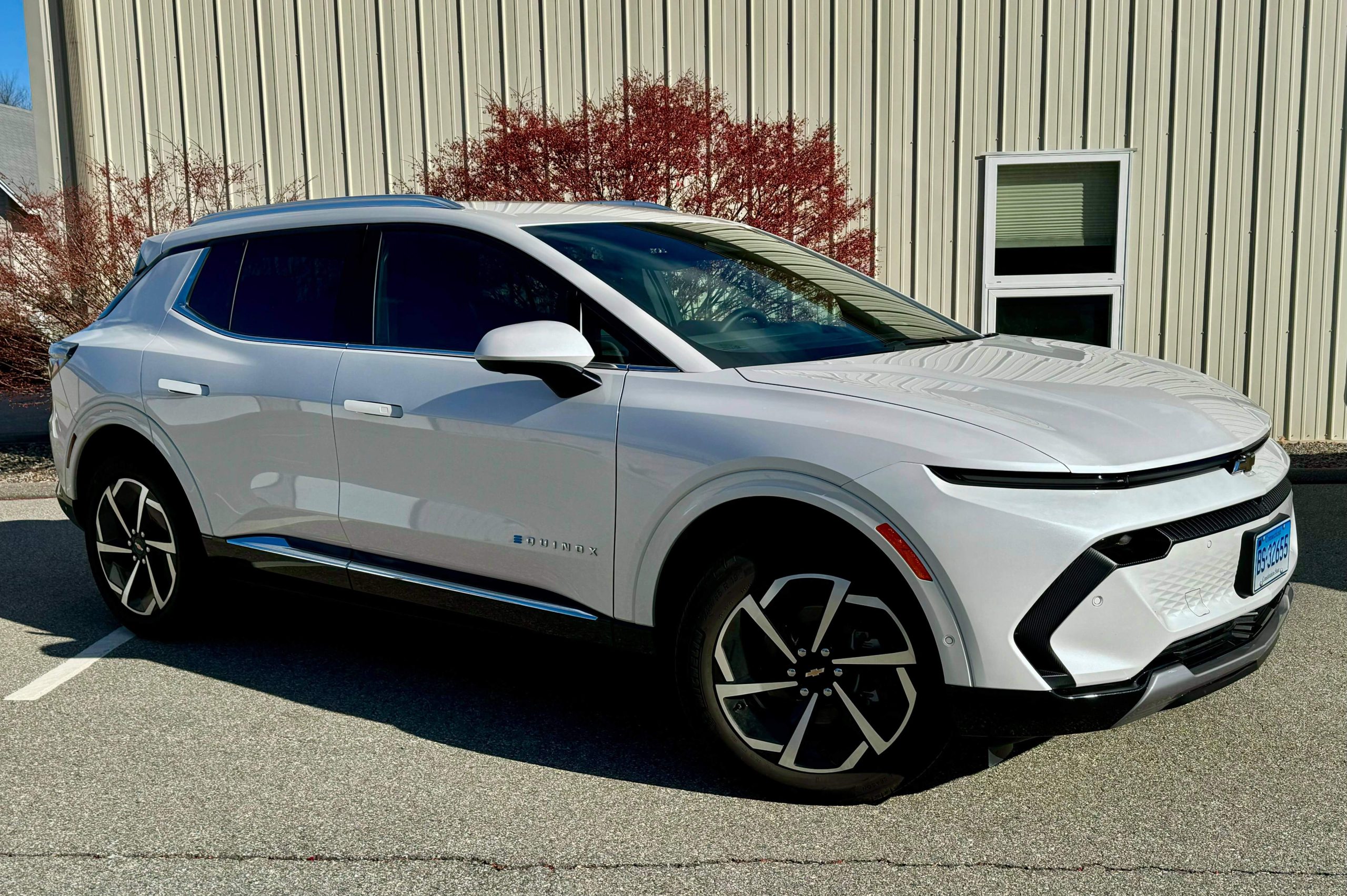First CT NEVI Projects Soon To Be Underway
NEVI Program Moving Ahead Following Court Decision NEVI, or the National Electric Vehicle Infrastructure program, that was a component of the Infrastructure and Jobs Act (aka, the Bipartisan Infrastructure Law) that was passed during the … Read more
